#thesis 4
Text
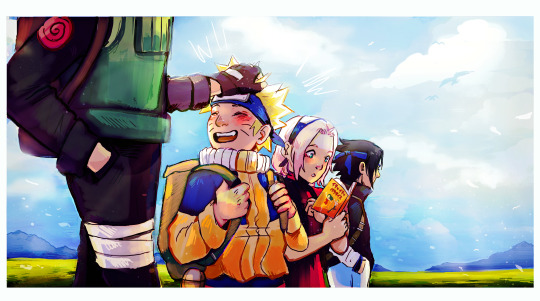
I appear for one hot second with another self indulgent nostalgia piece! It's my birthday today, I'm now [redacted] years old and I'm reminiscing about the passage of time..
#naruto#team 7#dai nana han#you know for part of me it is wild that I can still enjoy things that I loved when they aired like. 20 years ago??#and I remembered today that I was doing an naruto inktober when I started to study again#which was 5 years ago#and now I'm writing my master's thesis#I feel old and still pretty young today! weird mix#also this is a redraw of something out of the timetravel au I did like 4-5 years ago hehe
1K notes
·
View notes
Text






4 MINUTES (2024) EP. 1
#4 minutes#4 minutes the series#thaidrama#uservix#userrlaura#raeblr#userbon#user25shades#rinblr#asiandramasource#dramasource#dailyasiandramas#asiandramaedit#asianlgbtqdramas#fyeahthaidramas#esmetracks#tansedits#edits:4m#no idea who is watching this but i'm here and i have stupid things to say#one of which is i love tyme already#the guy is medically speaking the literal anti-thesis of dr bunn and i'm in love
339 notes
·
View notes
Photo
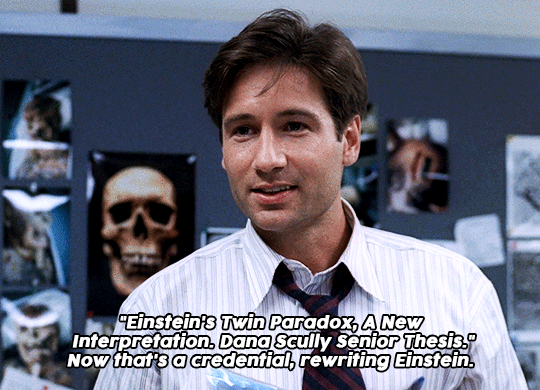
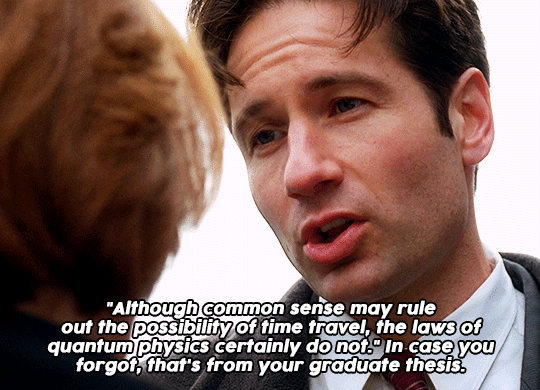
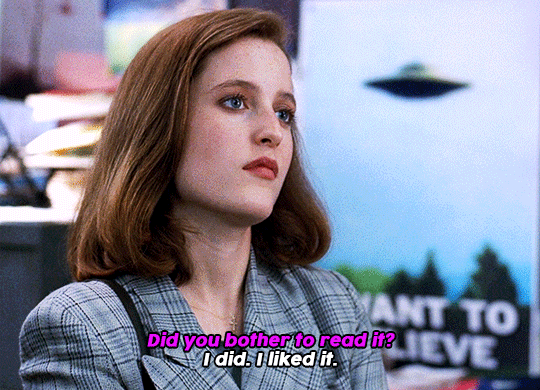
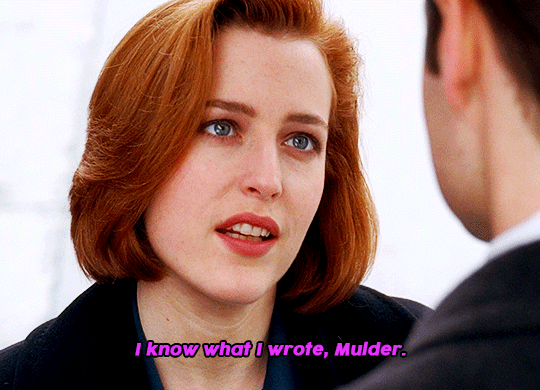
THE X FILES : 1.01 vs 4.19
#the x files#x files#fox mulder#dana scully#msr#txf edit#txfedit#HE REMEMBERS HER THESIS? 4 YEARS LATER?#TRUE LOVE#i want to know how many times he read it to remember that much
2K notes
·
View notes
Text
why tua s1 is a masterpiece and 2-4 give me a migraine
i gotta use my english degree for something so lets talk about it
i’d like to note beforehand, that i’ve only seen about half of season 4. but given everything i’ve heard about it, i’ve decided to avoid watching it for my own mental wellbeing. i really haven’t enjoyed the last three seasons much, mostly i’ve been dredging through because of how much i love season 1. it feels painfully like seasons 1 and seasons 2-4 are for completely different fucking shows–particularly in tone.
i think tua season 1 attracted attention to its unique themes that are lost in the rest of the series. the primary themes are of trauma and dysfunctional family dynamics. it’s a story about seven severely abused siblings learning to cope with their trauma and reconnect as adults. season 1’s tone is somber. it shows us glimpses of the characters’ childhoods, and how it affects them in their adult lives. the characters in season 1 were, most importantly, flawed! they were assholes, because trauma turns people into assholes sometimes!
you can directly trace back the siblings’ character flaws to the shit reggie put them through. Luther was the golden boy, which put too much responsibility on his shoulders and isolated him from his siblings. As a result, Luther is ultra-loyal to his dead father, in obvious denial of the abuse he endured because he was never able to form an identity for himself outside of reggie and the academy! he is the only one that never moved on. and then reggie turned luther into (for lack of a better term) a giant monkey without his consent, causing him to hate himself and even further alienate himself from the rest of the world.
diego never left the ‘number 2’ headspace. he fights with luther even into adulthood. despite how much he claims to hate his father, he became a vigilante likely as an effort to finally be good enough for his dad. and lets not forget (unlike the writers) about his stutter–something that formed in childhood and came back as an adult when he was triggered with memories of his childhood. he’s inherently defensive because reginald pit the siblings against one another constantly.
allison is a narcissist–though, when we meet her in season 1, she’s more of a narcissist in recovery. she’s recognized how her childhood affected her and wants to become a better person to make up for the mistakes of her past. what mistakes again? well, she used her powers on her daughter because 1. she was never told no. reggie encouraged the usage of her powers, and the household where she grew up was violent, manipulative, and competitive. she had no sense of real normalcy, so she never learned how to build a happy, healthy family for her daughter. to cope with her trauma, she clung to her fame–this is shown both in adulthood and childhood flashbacks–leading her to become a movie star, and not accept her own faults.
klaus, well, klaus is the most obvious example of trauma. mostly due to reggie forcing his powers on him when he was a young childhood. locking him in a mausoleum for hours on end. he became a drug addict as a result. living on the streets, in and out of rehab, and stealing for money. we see him struggle constantly throughout season 1–through his interactions with ghosts (when its very possible he wouldn’t have developed such a fear of them if it weren’t for reggie), with flashbacks to his childhood and (later) to the vietnam war. his inability to take things seriously and his self-destructive behavior are both coping mechanisms. his siblings don’t trust him because of his lying and kleptomaniac tendencies.
five is a character whose development is utterly abandoned after season 1. he was only thirteen years old when he accidentally travelled in time to the apocalypse, where he remained for 45 years. i remind you of this because the writers won’t. he survived those years for his family! because he felt immeasurable guilt for leaving them! he was so lonely for these years that he developed a romantic attachment to a mannequin (something only referenced for a joke in later seasons). he was in an extremely vulnerable position when he was recruited by the handler (a character who was very creepy in her own right) and he was forced to use his childhood ‘superhero’ skillset to essentially become an assassin, a job he loathed himself for. all so he could have a chance to save his family. five is cocky, sarcastic, and yes, wants to save the world, but we forget that he wanted to save his family first. he was willing to sacrifice the world if it meant saving his siblings. and even once he returns to the present, he experiences ptsd flashbacks to his time in the apocalypse. five is severely traumatized and stuck between childhood and adulthood, has lived for far too long and has done too many terrible things to be a child, but is stuck in a childs body and never got the chance to emotionally mature past the age of 13. this in no way resembles the five we get in later seasons.
in season 1, ben is a tragedy. he is the character that haunts the narrative (literally). his death was the reason the family split up. he experienced an incredibly traumatic childhood, forced to slaughter people against his will. all so that he could die tragically young (we’ll get into his cause of death later). he’s stuck following klaus around for years, unable to interact with anyone else. he watched his brother deteriorate in front of him with no way to help. he’s angry about his death and sometimes takes out his frustrations on klaus. but at the same time, he was ‘the kindest’ of all the siblings. he cares deeply about his family, but can’t do anything about it.
i think it’s easy to forget that the initial focus of the show was viktor. viktor, who was told how unremarkable he was again and again. who was isolated not just from the world but from his own family as well. who was drugged up from an incredibly young age and forced to ignore his emotions. yes, the umbrella academy was abusive. but being isolated from his siblings was just another form of abuse. he grew up to resent his family on a lot of levels, writing his book as a method to vent his frustrations but only ended up in driving his siblings further away. viktor went through a lot of shit in season 1, and resulted in him ending the world. but did his family kill him? no. because that was the point of the entire show. that despite their trauma and how much they might resent one another, the siblings still loved each other more than the rest of the world put together.
everything ive outlined are the elements that make up season 1, and are almost entirely forgotten about later. but by losing the integrity of the characters, they lost the narrative. the point of the umbrella academy was never saving the world–it was about a broken family reconciling with one another despite everything. these points of trauma are taken seriously. it was the complexity of these characters, at least in my opinion, that attracted attention towards them. and sure, we didn’t love every character all the time. remember how much luther was hated in season 1? but it’s because he was realistic. these characters, and the shit they went through, weren’t a joke. and the season ended off in a way that forshadowed these elements being explored more in depth. remember how it ended?
with the seven siblings holding hands as the world exploded around them. and for only a few seconds, we saw them transform back into their child selves.
now, this plot point (whatever it might have been) was instantly cancelled and forgotten about in season 2. but it really makes you think about the season we could have gotten: the characters being forced back into their childhood, having to confront the root of their trauma and essentially, all their problems. they could look back at what happened to them with a mature perspective and worked through it, realizing that they were not each other’s enemies. they could have made up for lost time, helped eachother heal, and ultimately prevent the apocalpyse by being family. you know, something that would have actually wrapped up the narrative nicely.
so, what happened?
the shows original themes of trauma, and repentance, and family were abandoned in favor of humor and spectacle. it seems like the creators misinterpreted what made the first season so successful. sure, the first season had a lot of funny moments and great fight scenes. but it was the emotional depth and complexity that made the show what it was. but worse than that, it continued to spit in the faces of the characters trauma, downplaying it in almost every way possible.
klaus’ relapses were played for comedy. his fear of ghosts was drastically downplayed with the use of cartoonish ghost-buster ass looking ghosts. five’s ptsd was never acknowledged again; his coping mechanism, dolores, became a joke. luther lost all character complexity entirely, instead becoming a himbo (who we love, but, still). viktor rarely brought up the feelings from his childhood, and nobody acknowledged his tell-all book again.
one of the things that infuriated me the most was the incorporation of reginald in later seasons. lets remind ourselves of some things: he purchased seven children, treated them like objects without names, trained them tirelessly and deprived them of a childhood, traumatized them by turning them into murderers, pitted them against one another, and literally tortured them. and that’s only the things we see him do on screen. you cannot convince me for a second that any of the siblings would ever be able to be the same room as that man without having serious flashbacks. I don’t believe for one second that they’d work with him, trust him, or empathize with him in any capacity (except maybe luther) except they do, consistently. even five, who is easily the smartest member of the academy, and extremely protective of his siblings.
and- LEST WE FUCKING DISREGARD- reginald MURDERED ben.
the moment that happened on screen felt like the last shovel of dirt on tua 1’s grave. supposedly all the siblings REMEMBERED this incident in seasons 1-3. and yet they went to their fathers funeral, spoke to him (relatively) civilly, and teamed up with him after seeing for themselves their father shoot their brother in the back of the head for seemingly no reason. not only did they apparently not hold this against their father, but they never mentioned it once in three seasons.
and yes, i know, there is a very simple reason for this. it was obviously made up at the last moment for plot convenience. but the implications for this being retconned in are damning for the characters. by writing this in, the writers decided that the siblings commitment to one another is meaningless. that the foundations upon which this show was created, are fucking meaningless. they threw away not only the individual complexity of each character, but also their relationship as a family.
#this is a thesis lmao#obviosuly no judgement to people who enjoyed seasons 1-4#i watched all of supernatural i get it#i miss the era of fanfic after season 1#if anyone has any fanfic recs pls let me know lmao#the umbrella academy#tua#umbrella academy#umbrella academy s4#tua s4#tua spoilers#tua s4 spoilers#luther hargreeves#diego hargreeves#allison hargreeves#klaus hargreeves#five hargreeves#number five#ben hargreeves#viktor hargreeves
108 notes
·
View notes
Text

Me after re-reading Mon dieu for the thousandth time
#ctommy#ctommy fanart#dsmp tommy#dsmp fanart#dsmpblr#my art#tommyinit dsmp#mcyt fanart#c!tommy#auuuuugh#*a cruel angel’s thesis plays*#this took 4 hours#why.#he just like me fr fr#look at my art
92 notes
·
View notes
Text

sunday shitpost
#the character design skill in them having different ears is off the charts /s#heavy would have sphynx cat ears b/c he's bald i guess?#thesis title: do catboys have 2 ears or 4 ears...discuss#tf2 fanart#tf2 medic#tf2 heavy#tf2#OH i couldn't figure out how to spell 'meow' b/c im dyslexic. so you get all the spellings except 'meow'
682 notes
·
View notes
Text
MacCready winds up at Little Lamplight, probably a baby, but at most young enough not to remember his parents. Maybe he grows up with a secret belief that they loved him, because they left him with three names whereas a lot of his peers didn’t get any. But they were grown-ups, so who needs them anyway.
He grows up eating fungus that thrives on human flesh. He starts drinking at six. He learns to shoot at ten — starting with monsters who used to be human, but undoubtedly graduating to humans long before he should have. Also at ten, he wins a fight against another child and takes power as mayor. Part of the job is to exile kids when they turn sixteen. Maybe some of them helped raise him. He knows Bigtown isn’t as safe as it’s made it out to be, how could he not? A lot of those teenagers are headed out there just to die. MacCready knows he won’t be one of them, because he’s tougher.
When we meet him at twelve, he’s ruthless. He admits that the out-at-sixteen rule is based on lies, and that it’s really to keep the population low enough to survive. He’s a social Darwinist who protects the kids as a population, but can’t afford the luxury of caring about them as individuals. He’s learned death is cheap, you can’t afford to help strangers, and if you don’t take what you want, someone else will.
“Around” sixteen he graduated (which makes me think he left before they could kick him out), and we know the rest of the story. The person we meet in Boston has internalized these lessons. He’s friendly and has a conscience, but the only people he cares about enough to prioritize are Duncan, a maxed-affinity Sole Survivor, and probably a few others like Daisy. And boy, does he care about that tiny group of individuals. But everyone else? Make it worth his while or go kick rocks.
Having a crazy childhood doesn’t fully explain his choices - encouraging the Survivor to kill Danse, cruelly flirting with Desdemona as the Survivor betrays and murders her, outright stating he’s willing to kill innocents if there’s a way to profit from it, and disliking giving the cure to Austin even though his son is in the exact same situation. But I think his history goes a long way toward explaining his motivations and making him likable, if not exactly justifiable.
#there’s not much of a thesis here tbh i just wanted to maccreadypost#i want to wrap him in a soft jacket like a feral puppy and clicker train him to stop being terrible#related: i think lucy was the lucy from 3 because ‘met’ could refer to running into each other after graduation#fallout#fallout 4#fallout 3#maccready#mayor maccready#rj maccready#robert joseph maccready#duncan maccready#fo4#fo3
295 notes
·
View notes
Text
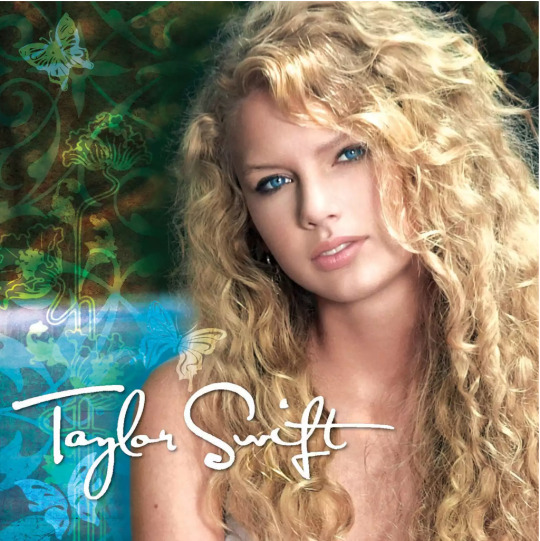
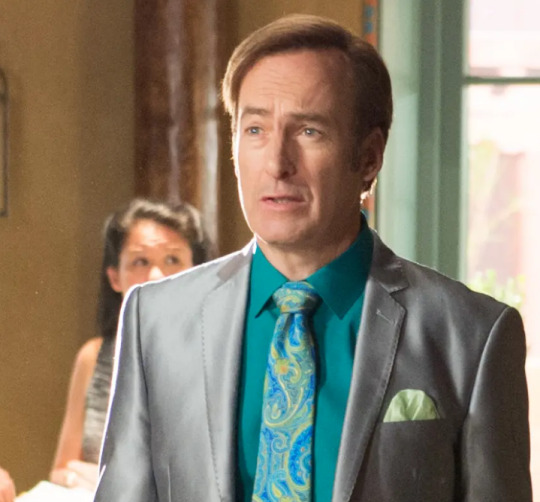

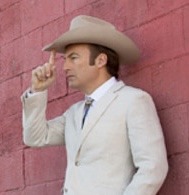

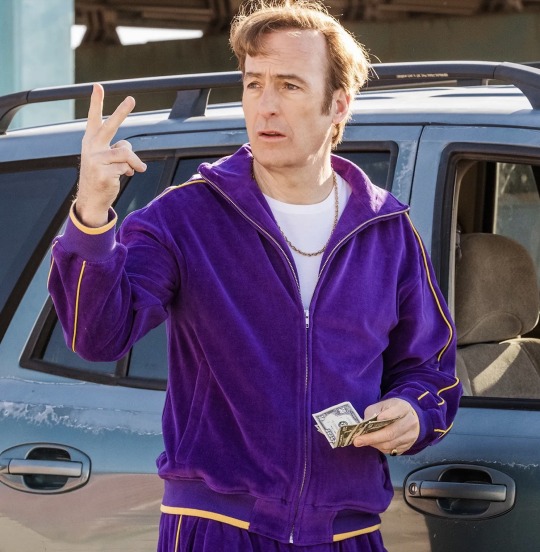
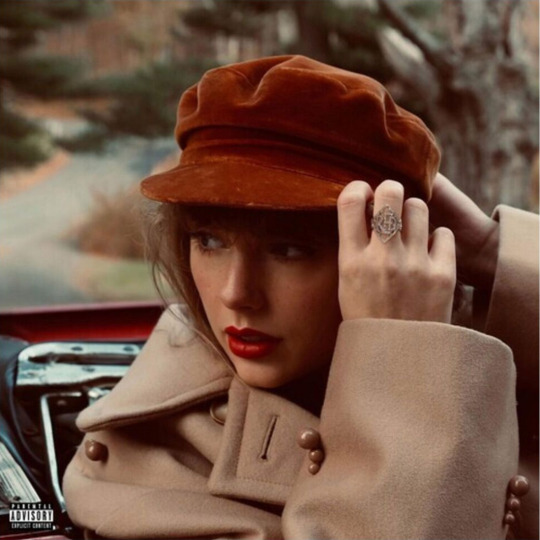
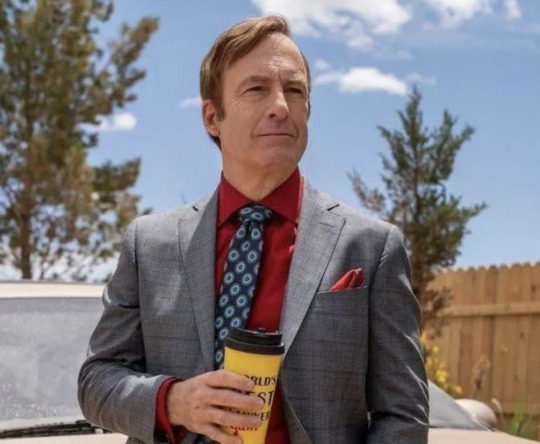
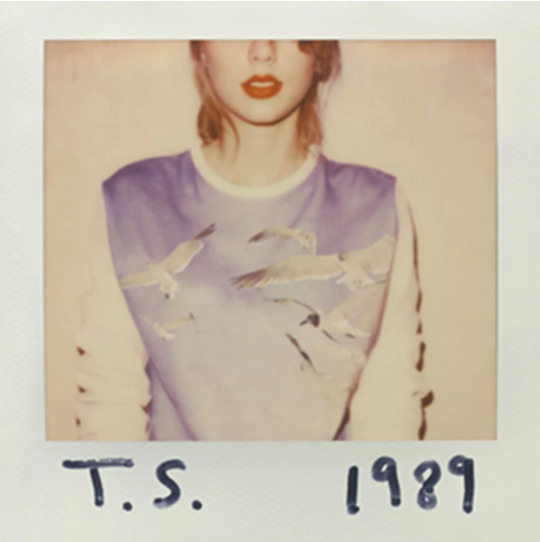
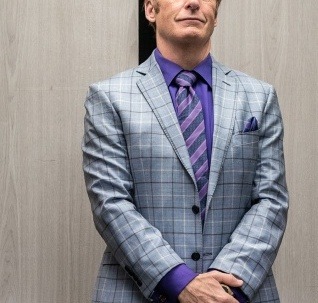
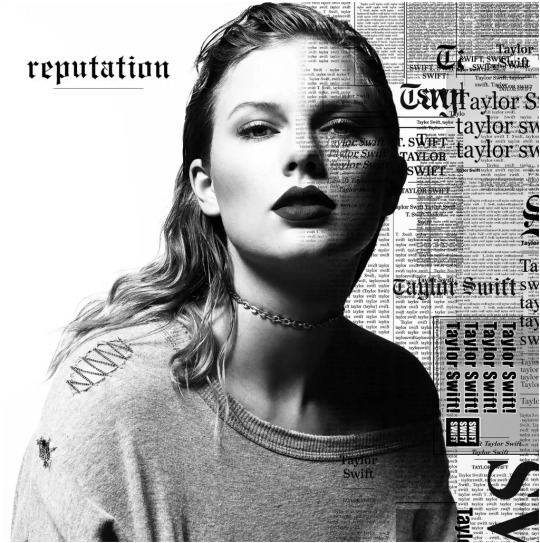

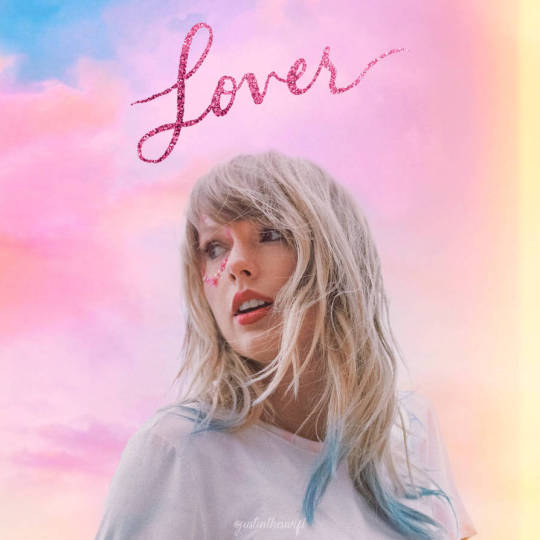
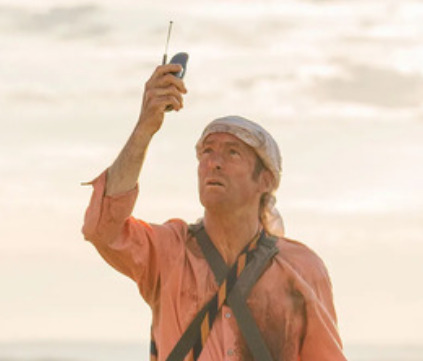
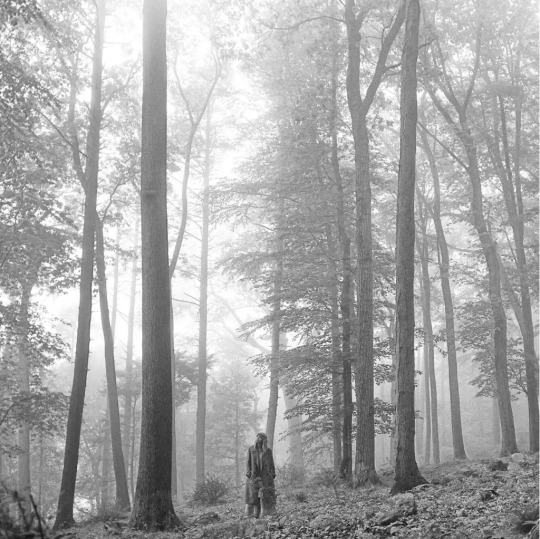
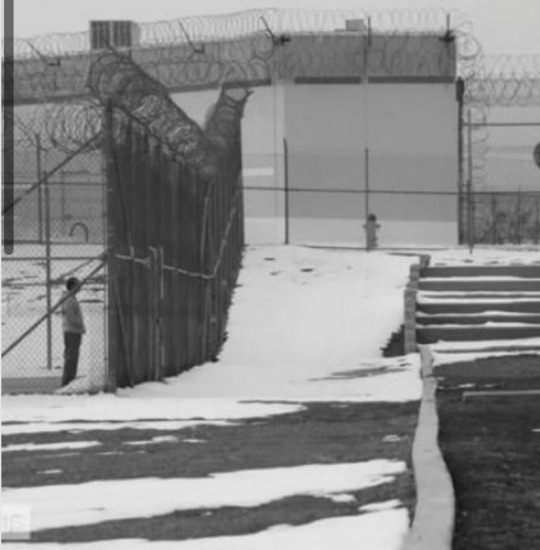

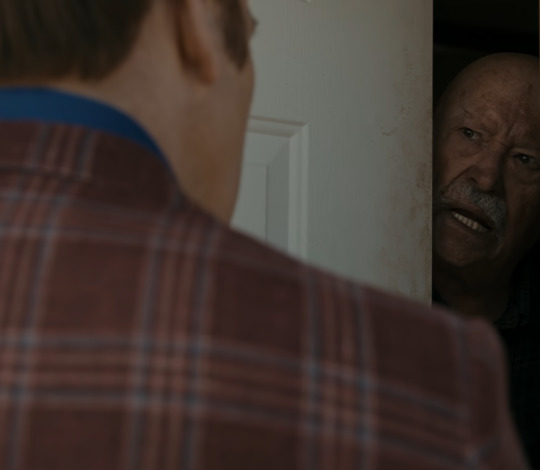
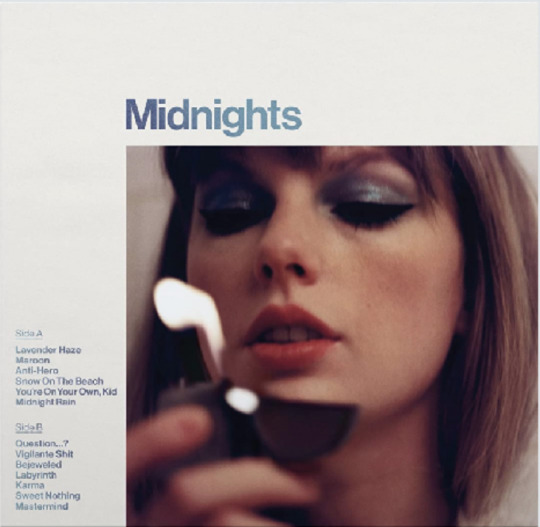
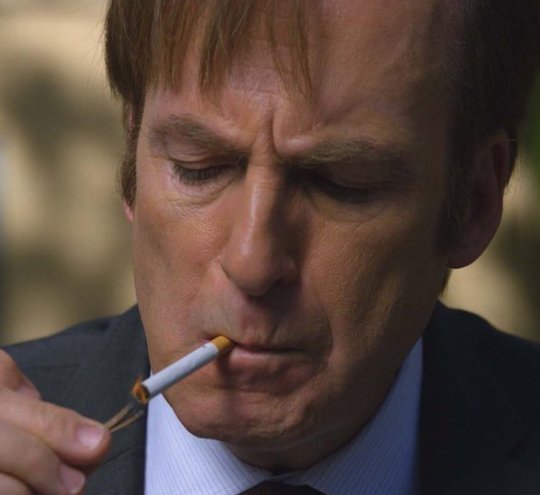
Eras of Jimmy Mcgill
#i post for the 4 unadjusted jimmy mcgill swifties because no one suffers like us#to the rest of this fandom i know i'm like a cat with a dead bird#taylor swift#better call saul#bcs#jimmy mcgill#might make the speak now or folklore set my header fdadsa#thesis statement
326 notes
·
View notes
Text








prev | next
#ts4#the sims 4#simblr#ts4 story#sims 4 story#show us your story#ts4 edit#deja senti: story#bowie#nerve#thank you bowie for giving the very very basic version of the thesis for deja senti
48 notes
·
View notes
Text
alec's specific brand of trauma is Really Something because it's like. having a father who only interacted with him to scare the piss out of him for any perceived slight and/or with the explicit intent of psychologically breaking him: pretty bad. being groomed into hypersexuality & child prostituted: also pretty bad for his mental wellbeing. but being forced to torture and/or murder people, being coerced into a state where he's capable of unflinchingly raping people before he's thirteen--being groomed into becoming his father--is like. a Very Specific Level Of Issue. systematic stripping of not only physical and sexual autonomy but ethical autonomy, being turned into nothing but an extension of the violence enacted by the person he hates most. full ownership over his body and mind.
like, when you're 12 and shooting someone because daddy said if you don't he's going to shoot you, you do the action first, you alter your mind to be Okay With It afterwards--because if you're not okay with it you're going to break--and then there's nothing of you left because it's all been taken away or changed so you could survive. just sort of utter nothing-matters nihilism by age 13 because he wasn't allowed to have anything for himself, not even the most basic moral compass, not even the ability to walk away and tell anyone about what happened to him without being seen as rotten himself, an abuser first and a victim second. no one will ever talk about what happened to alec without the caveat of "but." the caveat of "he was just a kid, but he still..." he doesn't get to show himself to anyone without the awareness that he's going to be seen as some form of fundamentally bad just by virtue of being a vasil, of having done the things that vasils do.
literally no wonder one of the only times he's ever even remotely visibly upset by something is when taylor--literally one of the only people he has in life, part of the closest thing he has to a family--insinuates he might want to turn out like his father, when the most core aspect of his trauma is not what was done to him but what he was turned into. if there's one thing that can upset him, it's the idea that he's still seen as that 13yo kid who was more of heartbreaker's weapon than he was a person, or that he's seen as wanting to be that way. he spends the first 13 years of his life having any attempt at establishing any form of his own identity razed down before it can even begin--as of story start, he's had all of 2 1/2 years to become his own person, because everything before that belonged solely to his father. so he is sort of ridiculously well-adjusted given the circumstances. but awful by any other metric--and there's the caveat, of course, the But, because the ability to make decisions that don't result in people saying But was very intentionally taken from him.
and when he does finally find something (someone) to care about, when he reclaims the ability to have his own strong emotions and desires and moral compass, he cares about it so much he dies for it. he's been waiting his entire life to have something he's allowed to care about and when he finally gets it, when he finally has that autonomy, he chooses to do the most unselfish possible thing with it. it's a single moment of refutation against everything he was molded to be--everything he still doesn't know how not to be, sometimes--where he realizes that, fuck it, he just wants to do something good for what he cares about. wants it more than he wants anything else on the planet, more than a million dollars or any amount of fame. he's finally in control of his body and his mind and his feelings, after 13 years of being a marionette and 2 years of slowly learning how to cut off the strings, and he decides that what he wants, now that what he wants actually matters, is to give all of himself to doing something good because he cares. in the end, he finally got to define himself by what he wanted to be instead of what he was made to be, and what he wanted to be was a good friend.
it's a good character arc okay. i like it.
#parahumans#alec essays#alec vasil#i'm the world's no 1 alec vasil fan <- self-own#give him a nice cold soda pleas.e he deserves it#scarf don't look#worm spoilers#under my breath. would be nice if wildbow didnt fuck up brians character arc so i could enter a fugue state summarizing it too#anyway yeah i dont think ive actually made a post Specifically about why the alec death is excellent 4 his arc. this is my thesis defending#the alec death
230 notes
·
View notes
Text

How do you guys like this very convoluted proof of the Pythagorean theorem I just made
#math#for my thesis btw hehe#one good thing about this one is that it is a direct scissors congruence using only translations#though there's definitely simpler diagrams that have that same property :p#this one i got by applying zylev's algorithm to the common visual proof where you add 4 triangles to make a square with side length (a+b)
222 notes
·
View notes
Text
Love Sea Episode 4: Where Things Have Gone Astray
It pains me to say it, but I found Episode 4 sloppy in it's execution, direction and writing overall. (I'd like to preface that regardless of how much I like fortpeat, or have enjoyed the series for the most part, I personally think it's important to be able to critique a show when it's flaws present themselves, and not to blindly excuse those issues because we want so badly to like it).
The transition from island to Bangkok was a huge turning point in the story, and I'm disappointed to say it wasn't handled well. The episode felt very off-beat and clunky compared to the lovely moments we got last week. Most of the issues centre on inconsistencies in character trajectory that were set up by the end of Episode 3. So let's unpack what went wrong here.
Mut is brusquely given the cold shoulder

My biggest gripe is the treatment of Mut this episode and without good reason. Let's start by recognising that Mut has potentially left his entire way of life behind: his friends, his community, his livelihood - all on the possibility that Rak may come to love him. I don't think Mut's naively banking on this being forever, but the emphasis here is he's willing to give it all up. The lack of acknowledgement to this gesture was glaring. The boy is only 20 years old, may I stress. Rak knows the hardships that Mut has faced, which should make this sacrifice even more significant in my opinion. What little Mut has built from scratch, he's willing to leave behind. All for Rak.

Other than a few brief moments of Rak looking sheepish/guilty, he's very passive throughout. I was really hoping he'd display more initiative and maturity here as the older party (like he did at the end of Episode 3). Even more disappointingly, once they land in Bangkok, Rak has Mut trailing behind him and largely leaves him to his own devices. At points, Rak's attitude towards Mut feels borderline exploitative. Rak is the one who begged Mut to come with him, and now that he's there, he seems to be putting Mut on trial.
Mut's hospitality on the island was due to Rak being an outsider who was completely out of his comfort zone. Now they've essentially reversed the situation but somehow the default is still Mut making all the effort (and yes, I know he's getting paid, but the last 3 episodes have just attempted to establish that their relationship is beyond just monetary). We need to see some more active reciprocation from Rak that supports why he was so driven for Mut to stay with him.


We've also been shown that though Mut is incredibly patient, he's not a doormat. When Rak crosses a line, he does get angry. Mut ran away when his father offended his core values, so we know he's capable of putting his foot down. But Rak's treatment of him here roused no protest or questioning when it would be fully warranted. By the time they discuss the contract, it's a null confrontation as Mut has already conceded to Rak's demands by signing. I wish he stood up for himself more here.
Tongrak's change in demeanour
The Rak we see in Bangkok is how I would imagine his character to be at the beginning of the series. Slightly haughty and dismissive. But because our impression of Rak was intentionally reversed so early on - where we were shown his sensitivity and softness - to have him slip back into a standoffish persona gave me whiplash. Has Rak regressed to who he was prior to the island? Has his time with Mut not changed anything? We know it has, which is why this front feels performative. Why would Rak feel the need to play into this character when Mut's already seen who he is underneath? And what has triggered him to do so? His family haven't come into the picture yet. I don't think Rak really cares about Mook's judgement. So why?

I think it's a huge disservice to shrug this off with: 'oh it's because Rak has trauma', and that's why he's running hot and cold. Doing so only trivialises the magnitude of trauma as a 'convenient' excuse when the writing doesn't support itself well enough for a character's actions to feel convincingly well founded.
When I started Episode 4, I thought we'd missed a scene or were due a flashback that would signpost why Rak changed his mind. We're told it's because of his PA, but that doesn't hold up well because surely Rak would have factored that into the equation. There are plenty of ways they could have remedied this. They could have shown us that Rak was genuine in agreeing, but spirals over the enormity of such a decision afterwards, which leads him to back out. Or Rak agreed despite knowing full well he couldn't meet his promise, and only lied because he didn't want to hurt Mut's feelings. Or they could have included the phone call from his sister in this episode, which would indicate that Rak has bigger responsibilities outside of himself, which caused his decision to sway. But we didn't get anything to ground us to Rak's mindset this episode, so his mentality feels like a 180. It also makes his agreement to Mut feel flippant if all it took was for Mook to whine to change his mind.

I can accept Rak retreating emotionally out of pressure or worry, but it doesn't read that way. Instead, his actions and body language feel abruptly indifferent, oddly detached and cold. The contract just epitomises a clinical level of emotional distancing. Even when Mook voices her concerns, Rak looks exasperated. So this isn't presented to us as a reaction borne out of vulnerability. And because we don't see Rak mulling over any doubts about Mut or otherwise, his behaviour feels all the more sudden and incongruous.

Ultimately, Rak was the one who let Mut down. If Rak agreed to stay on the island because he truly cared about Mut, wouldn't he be feeling doubly guilty at present? Not only has he broken a promise, but Mut is making a huge compromise to pursue Rak. Yet, Rak's attitude seems to be: 'these are my terms, do you have a problem with that?' This challenging air feels out of place and counterintuitive to what they've set up so far. What has Mut done to deserve this? Why is Mut still the one accommodating and initiating, with seemingly no return?
When comedy is not your strong suit, do not lean into it
I have a real bone to pick with the 'humour' attempted in this episode. I know comedy is subjective, but these scenes are arguably the shows weakest moments. People underestimate just how hard it is to pull off comedy and to do it well. And the brand of humour they're going for comes across quite juvenile, slapstick or theatrical. Sadly it only magnifies Aya's acting as egregiously bad in this episode because Mook is leant on so heavily as comic relief.

Mook and Vi's presence as individuals and as a couple has also been very one-dimensional so far which doesn't help things. It's getting increasingly taxing to sit through their scenes when there's so little substance and depth there to root for. Trust me, I am trying to like them, but they're not making it easy.
At it's worst, filler offers us no further insight or advancement in either character or plot. Which inevitably makes you question why the run time is being wasted on excessively inconsequential material. That crime was being committed multiple times this episode.

This is not me writing off the series by any means. As I say in my introduction, I think it's extremely important as a viewer to retain the objectivity to recognise when there are speed bumps, dodgy choices or noticeable areas for improvement.
As I was writing this, I found myself going: 'I think I see what they were trying to go for here' and applying additional guess-work to fill in the gaps. But that's the issue. If the writing requires your viewer to do mental gymnastics to make it make sense, you've dropped the ball. I would heartily advocate for 'show, don't just tell'. But in this episode we neither get shown or told why our characters are acting like this, especially when it seems to contradict how we got here.
Let's hope next episode is only onwards and upwards.
#love sea#love sea the series#love sea episode 4#tongrak x mahasamut#rakmut#fortpeat#fort thitipong#peat wasuthorn#yikes this one was hard to sit through#fort's scenes really shone#the rest of it was subpar at best#mut deserves better honestly#apologies for the thesis length#me: rak please do something or say something nice
51 notes
·
View notes
Text
Well, I have officially made it past 26, which for the past 10 years was the age I kind of assumed I wouldn’t make it past.
So, here’s to 27. Here is to the rest of my life
#this past year was a fucking test and I made it out alive#4 family deaths a totaled car a lost friendship a grueling thesis and severe depression and loss of identity#I fucking made it through#really wasn’t genuinely sure at some points if that was going to happen#but I am here#🥂#9/19/24
20 notes
·
View notes
Text

had a couple of dried up markers and a vision
#3/4 view looking to the left but let me cook!!!#what i did instead of working on my thesis again#kfp#lord shen#kung fu panda#kung fu panda 2#my art
301 notes
·
View notes
Text



don't you think i'm pretty, ZhanZhan?
#sims 4#ts4#sims 4 screenshots#sims 4 screenies#mdzs#mo dao zu shi#wei ying#wei wuxian#wangxian#lan zhan is mentioned and therefore it counts#this is my thesis#thank u#my sims style changes every 5 to 7 months so here he is#new and improved
49 notes
·
View notes
Text
Being anemic feels so damn terrible 😵💫
#been dizzy for 4 days straight non stop#I can't draw and my thesis defense is like in 1.5 weeks FUCK#nnnghgasdjfasdf grrrrr#my body's my own opp fr fr#sleepy's thoughts
48 notes
·
View notes